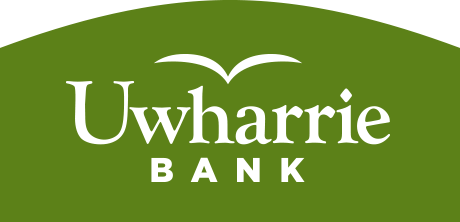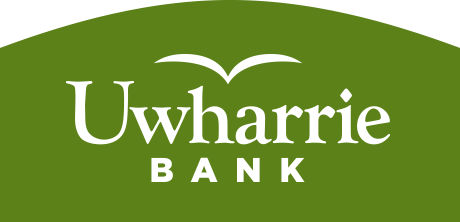Use Caution
There is an increase in scams targeting senior citizens.
- “Grandma: I’m in the hospital, sick. Please wire money right away.”
- “Grandpa: I’m stuck overseas. Please send money.”
- “Grandpa: I’m in jail and need cash to be sent in order to be released.”
Scammers pose as panicked grandchildren in trouble, calling or sending messages urging you to wire money immediately. They’ll say they need cash to help with an emergency. They pull at your heartstrings to trick you.
Example
You receive a call from someone pretending to be your grandchild. The caller is crying and/or has a cold. (Possible excuses for why their voice might sound different). The caller indicates that they have been involved in an auto accident and that the person they hit is badly hurt. The caller indicates that they are being held in jail and needs money to be sent in order to be released. They ask that you don’t tell anyone else, their parents, included.
Your supposed grandchild then hands the phone to someone pretending to be an attorney or a judge. They are very aggressive and verbally attack you for questioning whether this is a scam. In order to help your grandchild you are instructed to visit your bank and withdraw CASH and that someone will visit your home to collect it. If your bank questions why you are withdrawing so much CASH you are instructed to LIE with an excuse like, for remodeling your house.
Review
In the above example someone claiming to be a high standing attorney or a judge is instructing you to LIE, if questioned. They are requiring CASH as payment and like with most scams they try to create a sense of urgency and push you to act immediately. These are all red flags.
If someone calls or sends a message claiming to be a grandchild, other family member or friend desperate for money:
- Resist the urge to act immediately no matter how dramatic the story is.
- Verify the caller’s identity. Ask questions that a stranger couldn’t possibly answer. Call a phone number for your family member or friend that you know to be genuine. Verify the story with someone else in your family or circle of friends, even if you’ve been told to keep it a secret.
- Don’t send cash, gift cards or money transfers. Once the scammer gets your money, it’s gone!
How To Report
Report all suspicious email and telephone activity as quickly as possible. Your quick action enables us to protect your accounts. When forwarding spoofed email messages always include the original message with full header information intact. You can call us at 800.438.6864 or contact us via our Secure Contact Form.


